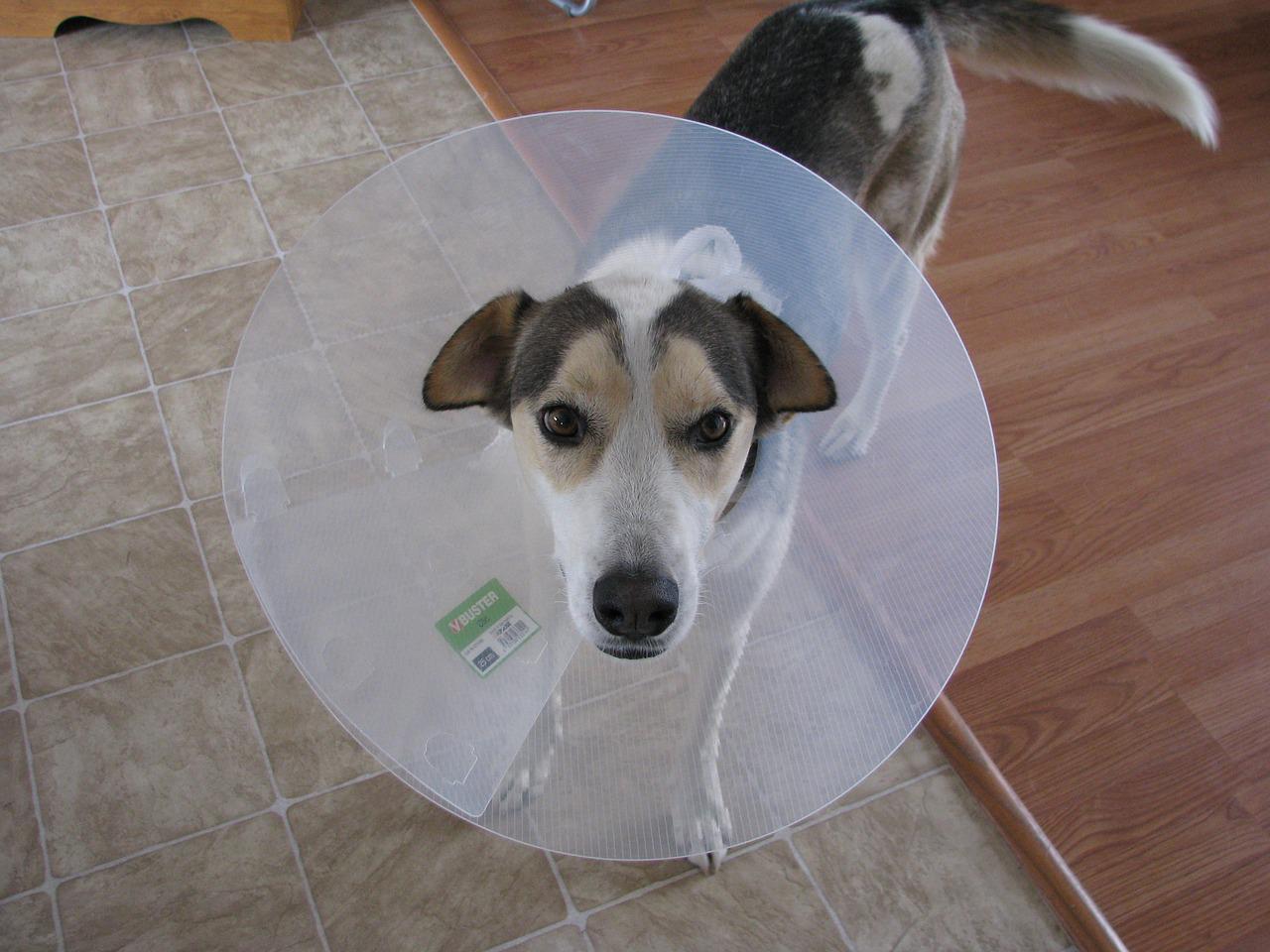Wondering how to make a dog throw up at home while the vet is not available immediately? There are a few ways to make your dog throw up.
You need to learn this as you may face an emergency situation when your dogs eat something they shouldn’t have, or you think they have been poisoned. It may also be the case that they have consumed a spicy food or snack in excess such as Paprika or snacks having larger amounts of Paprika spice.
If you think your dog has ingested something toxic, it’s important to induce vomiting as soon as possible. The sooner the dog vomits, the less time the substance has to be absorbed into the bloodstream, and the lesser the overall damage. Whatever the reason, it’s important to know how to do it properly and safely.
Table of Contents
Why Do Dogs Vomit?
Much like humans, dogs will vomit if they eat too quickly (although dogs lack the ability to puke intentionally), consume something they are very sensitive to, or overdo it on exercise or play. The most common causes of dog vomiting include:
Dietary Issues
Including but not limited to food allergies or sensitivities (ingesting foods to which the dog is allergic or intolerant, can lead to vomiting and other adverse health effects). Good nutrition that is properly balanced is necessary to maintain proper health, but the food is also something dogs take great enjoyment from, which is why you may notice them taking in more food than necessary.
Sometimes, dogs will go way too far and can ingest food that can cause indigestion or an upset stomach and also make them throw up. Oversupply is a common reason dogs vomit, but certain foods like fatty treats, table scraps, and chewing gum can all make your dog sick.
You may like reading about Cavoodle Dog Facts
Disease
When your dog throws up, it can also indicate an underlying condition (heavy breath, weight loss, sleeping all the time, etc). It can be hard to notice an underlying physical condition until your dog starts showing visible symptoms, and vomiting is a fast-acting symptom. Your dog may have contracted a contagious virus that quickly manifests itself into vomiting, or can be a result of a more serious autoimmune disease.
Medication/Supplements
Due to various health conditions, you may give different pills and medications to your dog, but what you may not know is plenty of dogs have a sensitivity to the pills they take (painkillers, antibiotics, and so on). Also, if you give too high of a dose of the pills, it can make them sick too.
You should carefully read the dosage information on the medication before administering it either directly or hiding it in your dog’s favorite treat. Check with your veterinarian to ensure you are giving the best possible dosage and troubleshoot any adverse effects of the medication your dog is on.
Other Causes
Toxins (from plants, trail poisonous substances, etc.) can cause vomiting in dogs as well, and you may notice it on your own as soon as your dog ingests or pitches something that makes you go “oooh, that looks gross”. A change in water or soft food can also lead your fur baby to vomit.
Over-exercising and water intoxication can also create lovesickness. Dogs that experience motion sickness will most likely experience vomiting after car rides or adventures outside of the home.
How to make your dog throw up?
- Hydrogen Peroxide: You can use a 3-percent hydrogen peroxide solution to induce vomiting.
- Salt: Feed your dog a small amount of salt.
- Use of Finger: Induce vomiting by using a finger to stimulate your dog’s gag reflex.
- Go outdoors: Take your dog outside so they can smell the fresh air, which may help them vomit.
If you are concerned that your dog has ingested something poisonous, do not attempt to make them vomit. Instead, contact your veterinarian or animal poison control immediately. For such instances, you can consider using emergency pet insurance. It allows you to get $3,000 in an emergency for all your pets for less than $1 per day.
Quick fact: Some dogs do sometimes swallow grass that make them vomit.
What to do after the dog vomits?
If your dog has vomited, it is important to watch for signs of dehydration. Dehydration can occur in dogs after vomiting for several reasons. The most common cause is gastroenteritis, which is an inflammation of the stomach and intestines. This can be caused by various things, including infections, toxins, food allergies, and stress. Gastroenteritis can lead to vomiting and diarrhea, both of which can cause dehydration.
Dehydration can occur very quickly in dogs, so it is important to seek veterinary care if your dog is vomiting frequently or cannot keep any water down. Dogs that are dehydrated may have a dry nose and mouth, sunken eyes, and may be tired or lethargic.
When to See a Vet?
If your dog has vomited more than once, has blood in its vomit, or is showing any signs of dehydration, it is crucial to see a vet. Vomiting can be a sign of a serious underlying condition and prompt treatment can be vital. Your vet will ask you about your dog’s medical history and how often they have been vomiting.
They will also carry out a physical examination and may recommend some tests, such as blood tests or X-rays. Treatment will depend on the underlying cause but may include medications, changes to your dog’s diet, or, in severe cases, hospitalization.
You can also consider using an online vet service that is available to you 24/7 without the need to drive your dog elsewhere (unless it’s an emergency!). With this subscription, you can ask any questions about your pet’s health, nutrition, behavior, or anything else in a chat with a certified veterinarian online.
Conclusion:
In conclusion, inducing vomiting in dogs should only be done under the guidance of a veterinarian, and it’s crucial to understand that not all substances warrant this intervention. Immediate professional advice is the best course of action in potential poisoning cases.
Remember, the health and safety of your furry friend are important, and a quick response could make a significant difference in their well-being. Always keep emergency numbers, including your veterinarian and poison control, readily accessible. Your prompt and informed actions can help ensure the swift and effective care your dog deserves in times of need.
Recommended read – How to achieve Ideal Dog BMI?










